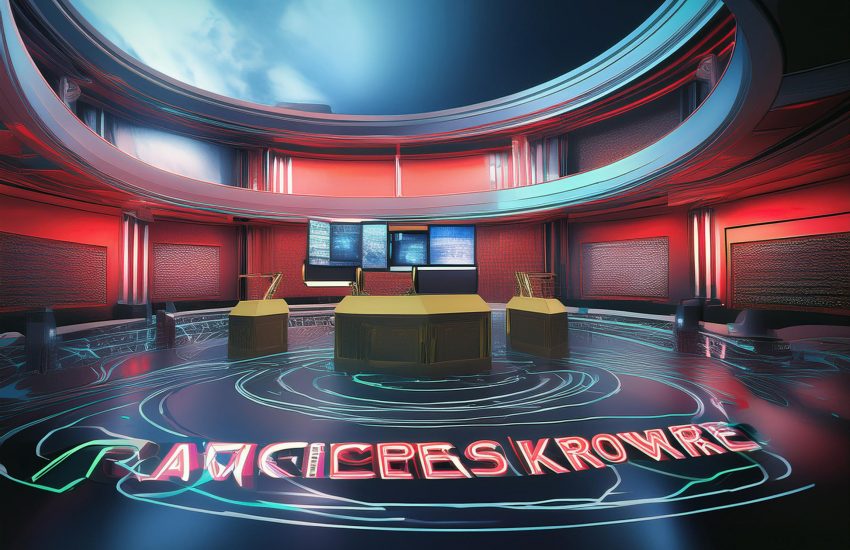Chris Perry explores the impact of AI on future media
What has changed since digital media was invented? How will the future media change as we enter the age of artificial intelligence?
These are two questions Chris Perry, chairman of marketing firm Weber Shandwick Futures, brought up in his presentation on AI&Future of Media/Comms Work on Jan 26, to Northeastern students and scholars at Northeastern’s Alumni Center. He also talked about his newly published book, “Perspective Agents,” which explores the social implications of what he calls the “autonomous age.”
Digital media has reshaped people’s lives over the past 20 years. According to a study conducted by Activate that Perry discussed in his presentation, multitasking leads Americans to fit 32 hours’ worth of activities into a standard 24-hour day, with over 13 hours spent using technology and media.
The study also indicated that the adoption rates of AI for storytelling are beyond that of other digital media such as Instagram, Facebook and Spotify. That suggests AI-generated stories can attract viewers more quickly compared to content on other social media.
“If we are spending upwards of 13 or 15 hours a day peering through screens, what we see, what we experience, how we’re going to have to discern what we’re seeing, what we’re going to believe in, is going to be heavily influenced by generative AI,” Perry said.
The use of AI in media is more widespread and happening more quickly than people realize. Perry has written about the emergence of many AI “agents,” an emerging sub-category of AI that is “developed with a specific task in mind, which they autonomously pursue on a user’s behalf.”
A ChatGPT-power bot was used to create a digital twin of Rep. Dean Phillips, who is challenging Joe Biden for the Democratic presidential nomination. The bot, named Dean.Bot, spoke in real time to voters as the congressperson via a website. Although the bot was soon banned by ChatGPT, it marked the use – and limitation – of an AI agent in political campaigns.
Perry believes that the societal impact of AI in media will be revolutionary, as stories spread by the media and generated by AI shaped public opinions on significant events over the past year have shown. These events include multiple mass shootings, conflicts in the Middle East, the emergence of deep fakes and the growing trend of polarization within academic institutions.
“All of these issues, seemingly disparate, all have a common ground,” Perry said. “There is propagation and contagion and impeachment and disengagement, in large part or in some part, being mechanized by the media that we interact with.”

A panel discussion after Perry’s talk, featuring Northeastern professor of philosophy and computer science Vance Ricks and journalism professor Myojung Chung, focused on the new challenges AI has brought to higher education, including the use of AI in studying and teaching. Perry believes that academic misconduct like cheating and plagiarism have to be redefined due to the wide use of AI in students and media.
“I think using AI to check grammar or edit is acceptable,” Chung added. “But if students depend on AI to generate whole ideas, it is more like AI’s work, not students’.”
- 35+ data visualization tools that The Washington Post uses - April 16, 2024
- Kontinentalist shows the legal battle for women’s divorce rights in the Philippines with visual and data storytelling - February 27, 2024
- Reuters: Journalism and technology trends and predictions - February 15, 2024





